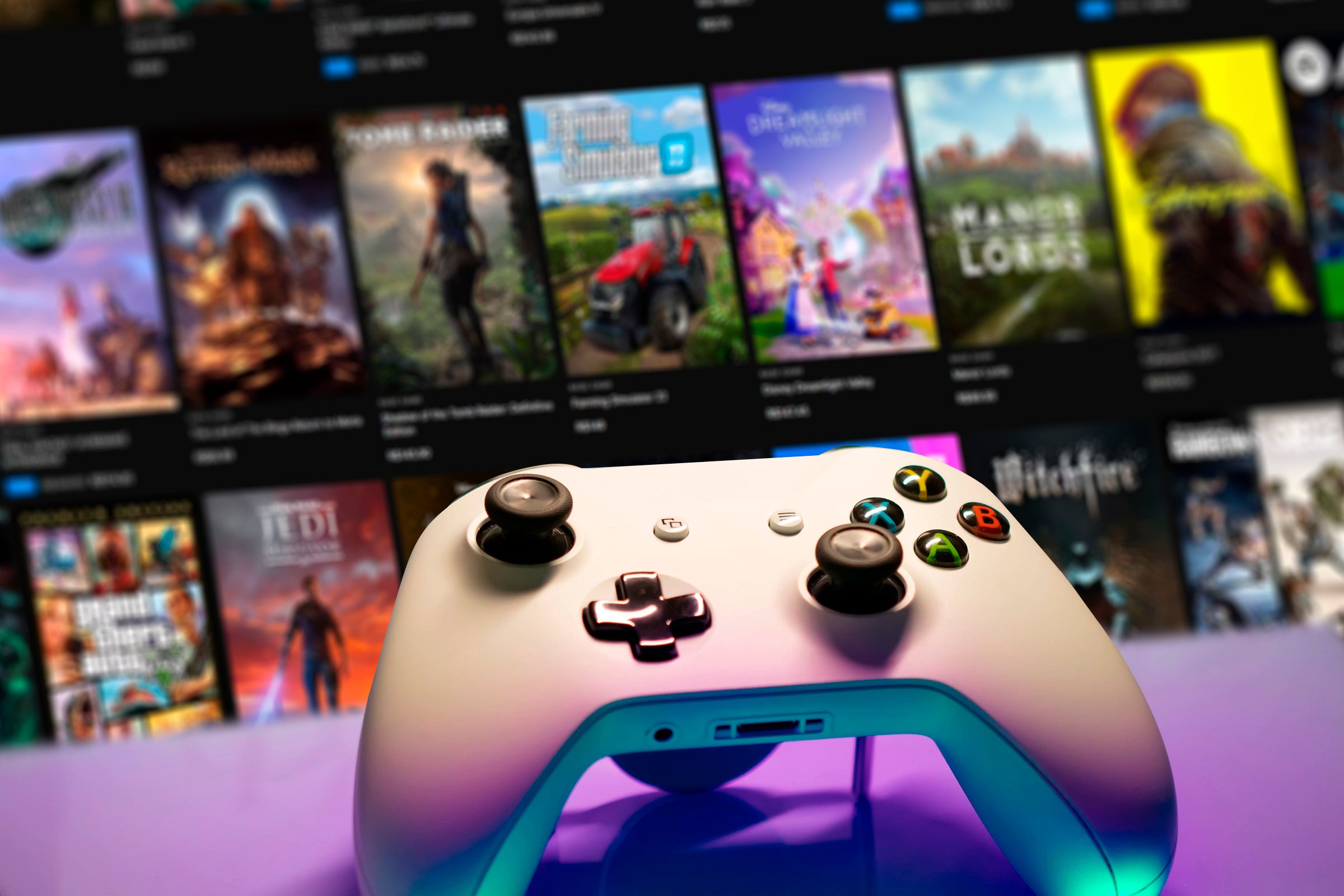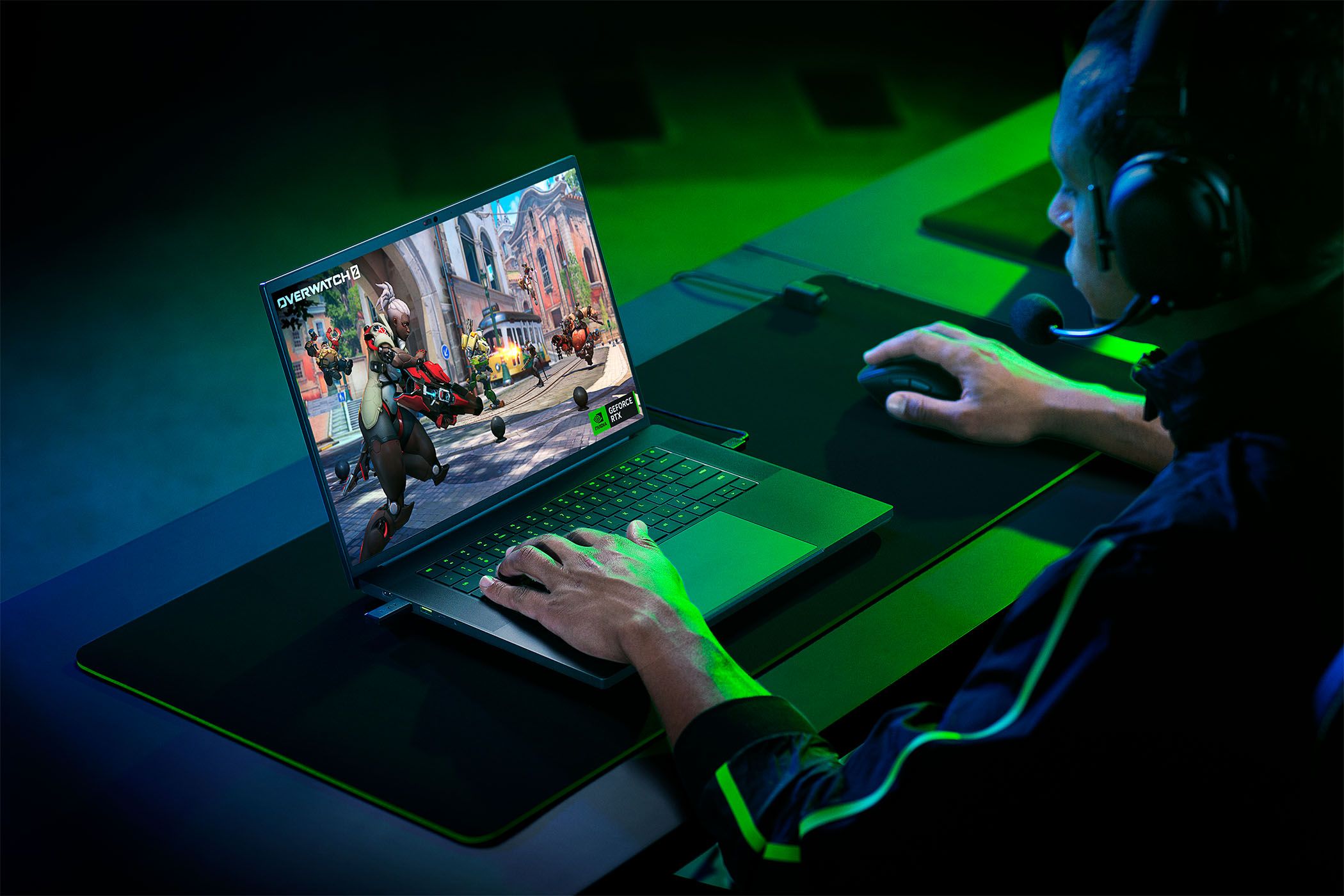In 2019, Reddit asked some of its gamers where they expected to see eSports in five years. Recently, they reopened this time capsule, and while some of their ideas were wild, others actually came true. Let’s go back in time and see what they thought.
Hardware Isn’t As Advanced As Users Predicted
Back in 2019, the world looked like it was on the verge of a few major hardware updates and even new consoles. One of the biggest things users suggested was going to happen in five years was the widespread adoption of VR into eSports. Cloud gaming was also huge on the list, with many posters stating that they expected the technology to take off.
The current state of gaming has changed significantly since then. VR is still a pretty fun technology, but it hasn’t made it anywhere near eSports, and is still struggling to break into mainstream gaming. Some users suggested that Google Stadia would have rallied against giants like Microsoft’s Xbox, but no one in 2019 could have foreseen the closure of Google’s foray into gaming.
Hardware is still increasing at a rapid rate, and eSports tools like Razr’s new gaming keyboard promise a lot of fun things to come. Still, gamers in 2019 couldn’t have predicted small shifts like this, since the landscape seemed primed to change into something completely revolutionary.
Software Has Also Seen a Lot of Changes
Much of the discussion around eSports five years ago centered on getting people engaged with games. While I’ve had my issues with the Epic Game Store, it was just beginning to come to prominence in 2019, having launched only a year before. Steam, being the major, dominant force in game distribution, was mentioned a lot during the discussion, but other services like Xbox Live also showed up in speculation.
Users believed that in five years, the eSports landscape would change because of a wider availability of games from distributors like Xbox Live and Steam, which turned out to be true. The availability of games like Valorant on these store platforms has opened up the world to eSports and even allowed some players to dream of competing on a huge stage.
In 2019, crossplay wasn’t supported in a lot of titles, but many gamers expected it to show up in eSports. Cross-platform play brings with it a few problems when it comes to balancing competitive play, but that hasn’t stopped companies from including it in some titles. This was one of those predictions that gamers got right.
Mobile Acceptance Is Less Than Expected
The mobile gaming market remains one of the largest gaming sectors in the world. Yet many eSports fans don’t really accept mobile gamers as being “real” gamers. Posters on the time capsule expected there to be a lot more progress toward mobile acceptance in gaming circles than actually happened.
Mobile gaming has a lot of serious players, but most console and PC players think of mobile gamers as strictly casual. The downside of this stigma is that many of these mobile gamers don’t bother to switch to more challenging, competitive areas and make their mark in the eSports arena.
Monetization, Microtransactions, and Focus
Microtransactions were already a problem in 2019, with a lot of posters noting that EA was making bank with its FIFA 19 title, due to including the mechanic in its “packs” system. This post happened just as the legislation to ban microtransactions in the EU was being discussed, so many people expected this to signal the end of loot boxes. Unfortunately, gamers missed the mark on this one.
While eSports-based microtransactions have gone down, especially since the closure of the Overwatch League, they’re still popular in a few games. Dota 2, for example, does a roaring trade in eSports-based microtransactions for items and cosmetics every year for The International.
Most of the posters expected that game companies, especially those involved in eSports, would double-down on promoting and rewarding eSports leagues. Unfortunately, companies seemed to have gone in completely the opposite direction. While eSports is still big in 2024, especially in titles like League of Legends and Apex Legends, some games have fallen by the wayside or been removed from rotation completely. No one could have predicted that back in 2019.
The More Things Change, The More They Stay The Same
The eSports scene was growing and expanding in 2019, with the biggest contenders being titles like League of Legends, Overwatch, and Call of Duty. Gamers predicted that we’d see an increase in the amount of competitive eSports leagues and games so that players in different genres could get in on the action. They also predicted that eSports would be more recognized as a ‘real’ sport. Unfortunately, neither of these two things happened.
Today’s eSports arena includes some notable new additions, like Valorant and Apex Legends (which can even be played on Linux, thanks to the Steam Deck), but many of the leagues around the world seem to be holding on to “established” eSports titles like Dota 2, Call of Duty, and even Rocket League. A few have tried to introduce spiritual successors like Overwatch 2, but with limited adoption. No one in 2019 expected there to be an Overwatch 2, much less see the death of the competitive league that the game was built for.
Gaming and eSports have become a much more acceptable pastime, but much of the focus on gaming has shifted from eSports to creators on sites like Twitch and YouTube. While some people still want to know how to get picked up by professional eSports outlets, most people are happy with creating on their own. Celebrities shifted from being those who could win world titles to those who made fun content online.
What Should Gamers Expect In The Next 5 Years?
Seeing how hit-and-miss some of the predictions that came from 2019 were, I don’t think it’s safe to predict anything for 2029. The entire eSports landscape could have changed by then. Games might have shifted rotation. We might have gotten a Dota 3 or still be playing Dota 2 on the same engine. While some of the predictions were spot on, the truth is that eSports and gaming are too difficult to predict, even for short spaces of time, like five years. By then, we might have had our first Olympics eSports event!






